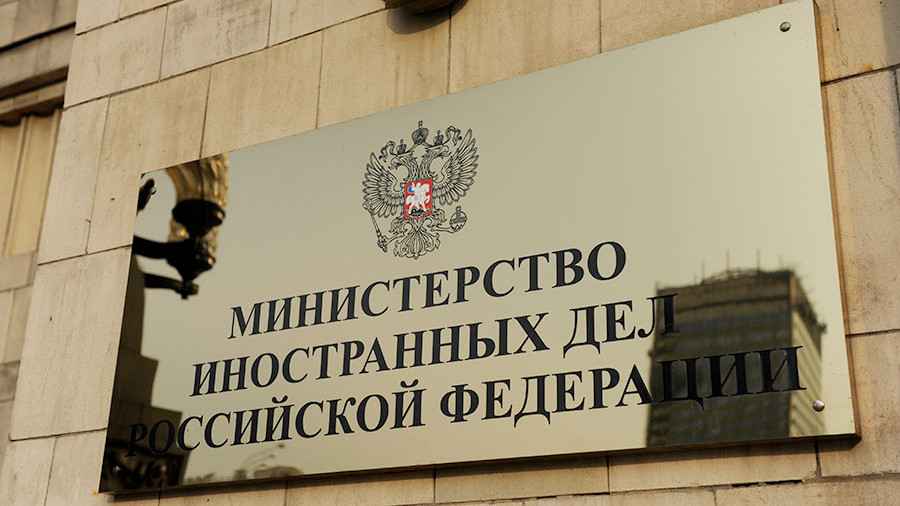Comment by the Information and Press Department on the Syrian chemical dossier
In recent days the Syrian chemical dossier has been back in the focus of the UN Security Council in connection with the October 26 release of the regular report of the OPCW-UN Joint Investigative Mechanism (JIM) on the inquiry into the use of chemical weapons in Syria and the expiration of its mandate on November 16 of this year.
In the six months since the high-profile chemical incident in Khan Shaykhun on April 4 of this year, the OPCW fact-finding mission and then the OPCW-UN JIM carried out extensive work but only remotely and without revealing sources of information or any other important data required by the Chemical Weapons Convention.
We have insisted from the very start that in the interests of a highly professional and unbiased inquiry, international experts should, in line with OPCW standards, visit the site of the incident as well as Syria’s Shayrat air base where, according to the US, sarin used in Khan Shaykhun had been stored. In May-June the OPCW was assuring us that it was working on securing safe access to Khan Shaykhun but later on declared there was no need to visit the site because the use of sarin was considered to have been established. The JIM adopted the same position. However, the UN Secretariat’s Department of Safety and Security (DSS) reported to the UN Security Council that there were guarantees of safe access to Khan Shaykhun but the inspectors simply preferred not to take advantage of them.
A strange situation has developed surrounding the issue of visiting Shayrat air base. JIM representatives went to the base at our insistence but categorically refused to take samples to establish whether sarin was used or not. This approach makes it difficult if not impossible to hope that inquiry will produce serious conclusions.
The United States insists on immediate adoption of a resolution extending the JIM mandate, while crudely distorting the Russian position by claiming Moscow will block the mandate’s extension if its conclusions are “anti-Syrian.” Such allegations are groundless. First, nobody has yet seen any conclusions because the report has not been released. Under the circumstances, Washington’s desire to extend the mandate at all costs is strange, to put it mildly. Secondly, we have always said that our position on the mandate’s extension will depend not on who is blamed but on the quality of the inquiry and its conformity with OPCW standards.
To make sure the UN Security Council’s decision on this issue is grounded in fact, it is first necessary to read the report because the UN Security Council did not receive any meaningful information on the JIM’s activities this year. There was no report but there was a demand to extend the mandate. This won’t do. It is necessary to act in accordance with the established practice – first to read the report of the UN-established mechanism during the period under review and then consider extending the mandate. There is no need to gin up more hysteria.
